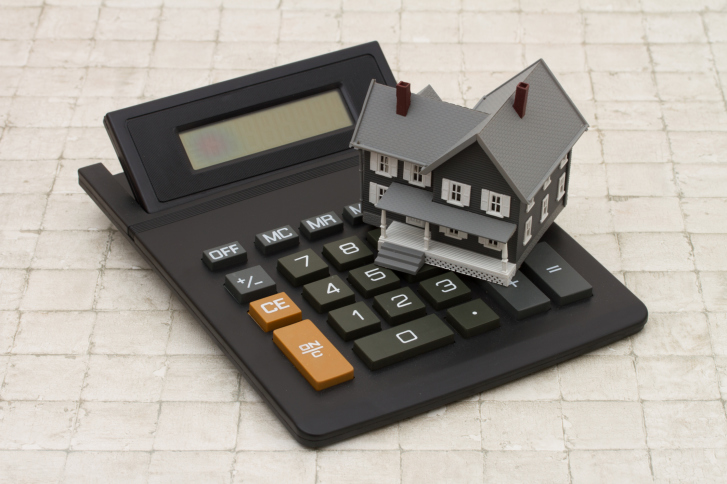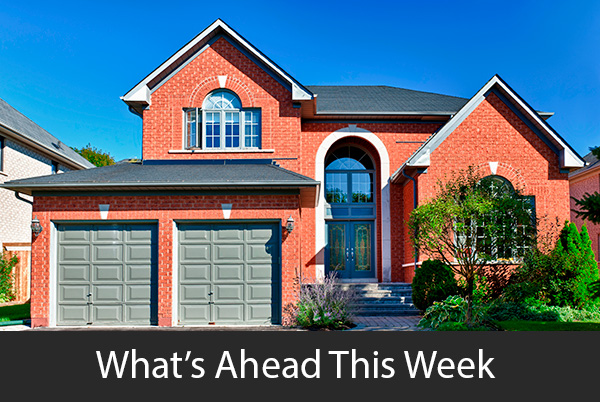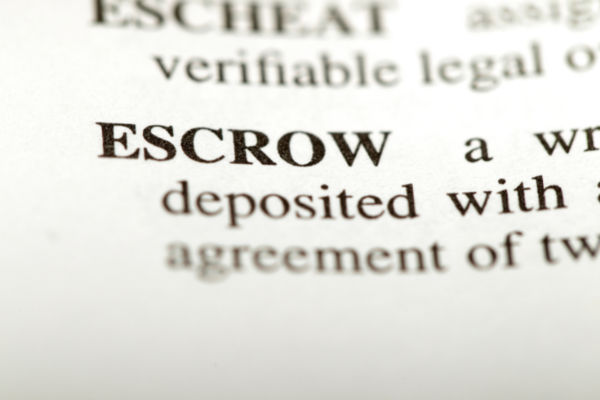 If you are interested in purchasing a home, how much money should you put down? This is a difficult question that all potential homeowners need to answer, as it will dictate the size and location of the house you can afford. There are a number of factors to consider, so what do you need to know?
If you are interested in purchasing a home, how much money should you put down? This is a difficult question that all potential homeowners need to answer, as it will dictate the size and location of the house you can afford. There are a number of factors to consider, so what do you need to know?
Generally, Putting More Down Is Better
There is a solid chance that a home loan is going to be the largest loan you will ever take out in your life. Therefore, there is some risk involved, and you must make sure you can pay it back. You can reduce the risk you take on by putting more money down. That way, you don’t necessarily have to take out such a large loan, and your lender may provide you with a lower interest rate. This could save you thousands of dollars over the life of the loan.
First-Time Homebuyer Options Are Available
The downside of saving up such a large down payment is that it could take a long time for you to save up so much money. Fortunately, there are programs available for first-time home buyers. For example, if you qualify for an FHA-backed loan for first-time homebuyers, you might be able to qualify for a home loan with as little as 3.5 percent down. This might make it easier for you to afford a house.
Is Your Money Better Served In The Market?
Putting more money down for a house may provide you with a lower interest rate while also reducing your monthly mortgage payments; however, you need to think about where your money will work the hardest for you. You may qualify for a lower interest rate if you put more money down, but will your money generate a higher return if you invested in your retirement? You should answer this question when you decide whether to put more money towards your house or more money in an investment portfolio.
Consider Working With An Expert
How much money should you put down for your house? This is a question that has a different answer for everyone, which is why you should consider working with a professional who can help you.
 Last week’s economic news included readings on home prices, inflation, and data on public and private-sector jobs. Weekly readings on mortgage rates and jobless claims were also released.
Last week’s economic news included readings on home prices, inflation, and data on public and private-sector jobs. Weekly readings on mortgage rates and jobless claims were also released. There are many complicated terms thrown around regarding your mortgage, and one of them is an escrow account. You will probably hear that your lender will collect some additional money every month for escrow payments. If you take a look at your mortgage statement, you will see your interest, your principal, and your escrow. What does this mean, and why do you have to pay additional money that isn’t going toward the balance of your loan?
There are many complicated terms thrown around regarding your mortgage, and one of them is an escrow account. You will probably hear that your lender will collect some additional money every month for escrow payments. If you take a look at your mortgage statement, you will see your interest, your principal, and your escrow. What does this mean, and why do you have to pay additional money that isn’t going toward the balance of your loan? There are many people who dream of owning a home, but you need to purchase your home for the right reasons. Simply purchasing a house because other people are doing so is not a strong reason to make such an expensive purchase. What are some of the reasons why you should purchase a house? What are some examples of bad reasons to buy a home?
There are many people who dream of owning a home, but you need to purchase your home for the right reasons. Simply purchasing a house because other people are doing so is not a strong reason to make such an expensive purchase. What are some of the reasons why you should purchase a house? What are some examples of bad reasons to buy a home? What do you need to do if you want to improve the safety and functionality of your home? You may not think that your home has a lot of safety hazards, but you might be surprised at how many people get hurt at home every year. Particularly if you have older people in your home, or if you have people in your house with disabilities, you need to pay close attention to your safety and functionality. What are a few tips you should keep in mind?
What do you need to do if you want to improve the safety and functionality of your home? You may not think that your home has a lot of safety hazards, but you might be surprised at how many people get hurt at home every year. Particularly if you have older people in your home, or if you have people in your house with disabilities, you need to pay close attention to your safety and functionality. What are a few tips you should keep in mind?  Are you thinking of listing your home for sale? Whether this is your first sale or you have been through the process a few times, you are probably aware that you will need to host at least one open house. Welcoming strangers in to tour your home can range from delightful to irritating, but it is all part of the selling process. So, should you stick around or disappear when potential buyers are viewing your home? Let’s explore your options.
Are you thinking of listing your home for sale? Whether this is your first sale or you have been through the process a few times, you are probably aware that you will need to host at least one open house. Welcoming strangers in to tour your home can range from delightful to irritating, but it is all part of the selling process. So, should you stick around or disappear when potential buyers are viewing your home? Let’s explore your options.